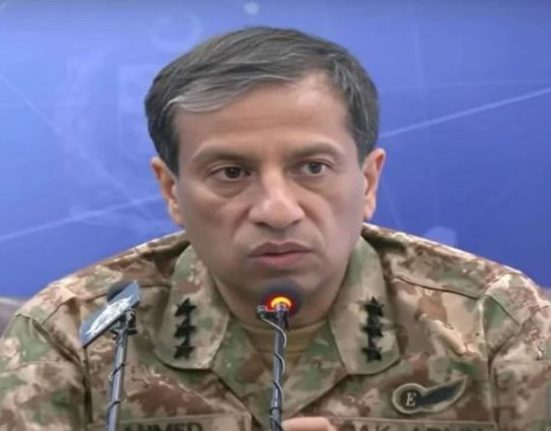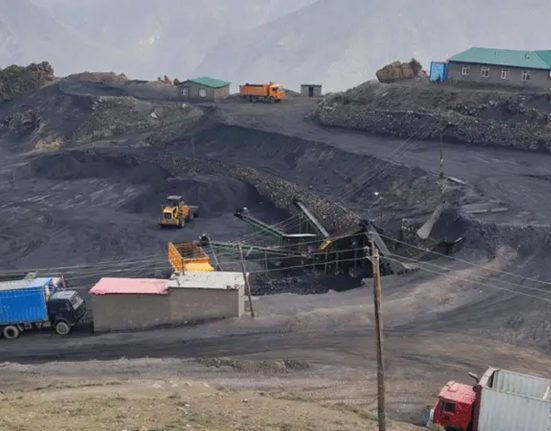
The fragmentation of opposition movements is the main obstacle to establishing an alternative to the Taliban.
Four years after the Taliban took control of Afghanistan, the political movements opposing this group have still not been able to reach a single and practical consensus.
The latest step in this direction is the formation of the Vienna Process National Commission for a Democratic Afghanistan, which was established following the decision of the Fifth Conference of the Process and now has 27 members.
This commission consists of political, civil, military representatives, women’s rights defenders, and some specialized figures opposed to the Taliban.
At the second meeting of this commission, the working methods were approved and the leadership board was elected.
Its main tasks are to formulate and update the common vision of the opposition, design a comprehensive plan to exit the crisis, and present an alternative structure for the future of the country.
These plans are scheduled to be completed in the coming months and presented for approval and implementation at the Sixth Conference of the Vienna Process, with the participation of the leaders of the member movements.
However, the inability of the opposition to reach a single voice over the past years has actually strengthened the position of the Taliban.
The lack of political consensus and the fragmentation of the opposition movements have provided the Taliban government with an irreplaceable opportunity to maintain power in Kabul without having a serious and powerful alternative.
This situation has led many observers to consider the opposition’s processes more symbolic and ineffective.







